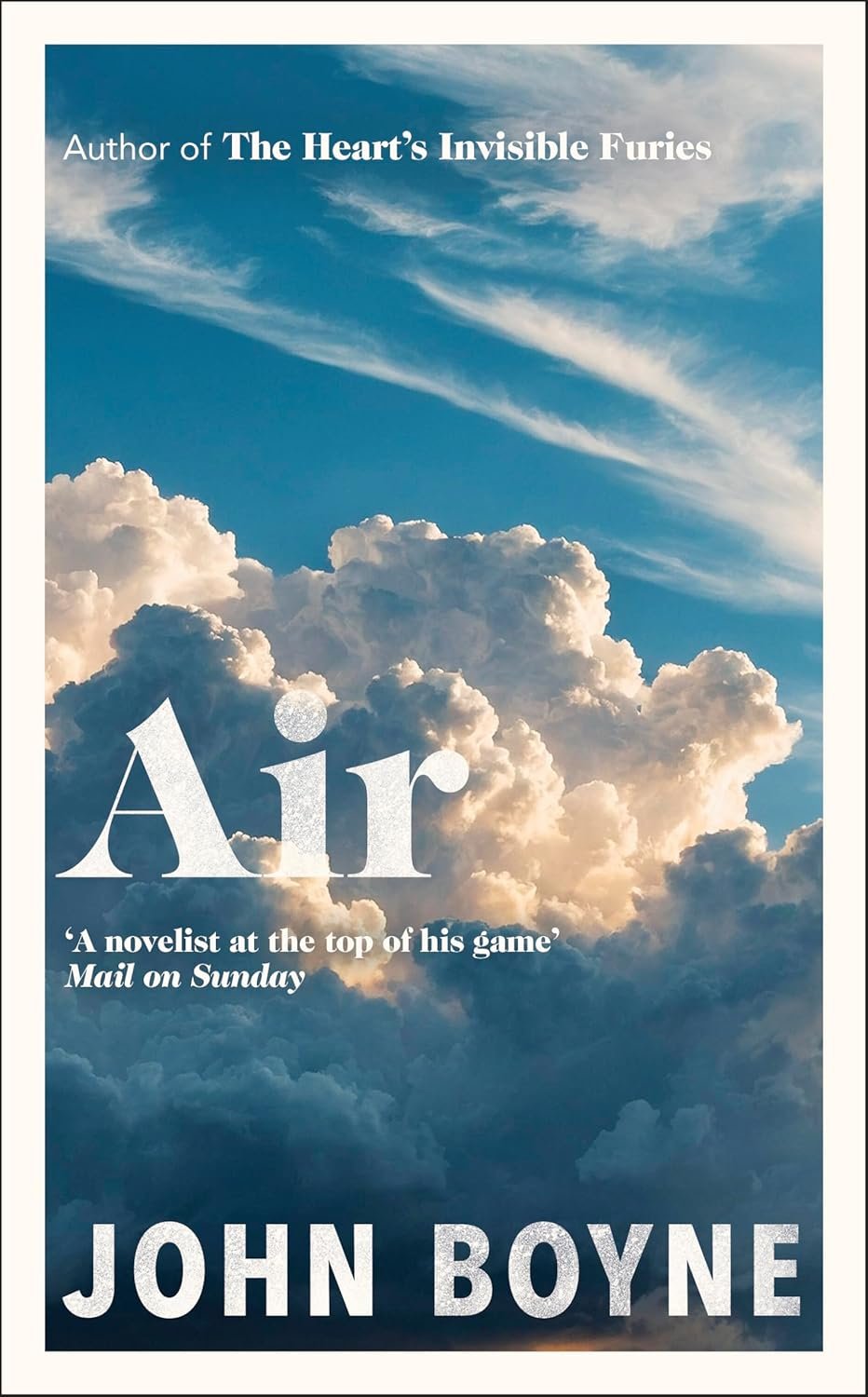The Unraveling Hearts in John Boyne’s Air
Books often come into our lives with a promise to unearth hidden truths or evoke unexpected emotions. John Boyne’s Air certainly grabbed my attention for its exploration of fragile relationships layered with hurt and self-discovery. As I began to traverse the twisted dynamics of its characters, I couldn’t help but reflect on my own relationships and the complexities that often define them.
At the heart of Air are three individuals whose lives intertwine with both tenderness and turbulence. They embody the universal struggle of hurt people hurting others, a cycle that challenges conventional understanding and forgiveness. As I read, I found myself empathizing with their flaws—after all, who hasn’t felt lost, insecure, or even caged by society’s expectations? Yet, the narrative left me grappling with the notion of forgiveness amidst emotional chaos.
The protagonist, however, proved to be the most challenging aspect of my reading experience. Burdened by self-pity and uncertainty, his perspective often felt like a weight rather than a lens. I found his incessant comparisons to others, particularly women, almost unbearable. That relentless self-absorption created a barrier, making it hard for me to connect with him. Yet, even in my frustration, a part of me recognized that this might have been the author’s intent—to showcase how agonizingly human our vulnerabilities can be.
Boyne’s writing style shines through in its structure—easy to read, yet profoundly layered with internal conflict. The first-person narrative allowed me glimpses into the protagonist’s psyche, but I often yearned for Emmet, his son, to take center stage. The refreshing innocence and curiosity of Emmet made him the most relatable character for me, illustrating a stark contrast to his father’s cynical worldview.
A few poignant quotes resonated deeply throughout the novel, reflecting the protagonist’s struggle with feelings of inadequacy and his forced acceptance of solitude. One such moment struck me: “It’s narcissistic, but the thought flashes through my head that I’m a good man… So why the fuck don’t I have someone, other than my son, to go home to?” This captured the essence of his internal battle and my simultaneous desire to shake him out of his funk.
As Boyne unravels the complexities of interpersonal relationships, I couldn’t help but think of my reading journey with Air as somewhat akin to watching an intense drama unfold. There were moments that felt like too much telling rather than showing, leaving emotional depth slightly unfulfilled; a sentiment echoed in the thoughts of other readers. Comparisons to Jodi Picoult came to mind, where her ability to provoke resounding emotions contrasts with Boyne’s more restrained approach.
In conclusion, Air might resonate with those who enjoy introspective narratives focusing on relationship dynamics fraught with internal battles. It’s a good read for those willing to embrace characters who struggle against their own shadows, even if it doesn’t always land with the emotional force one might hope for. Personally, while Air left me wanting more in terms of connection and resolution, it’s a testament to how complex human experiences shape our perceptions, revealing insights that linger long after the final page.
If nothing else, I’ll carry the shadows of these characters with me, pondering their flawed humanity at every turn.
Discover more about Air on GoodReads >>







